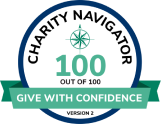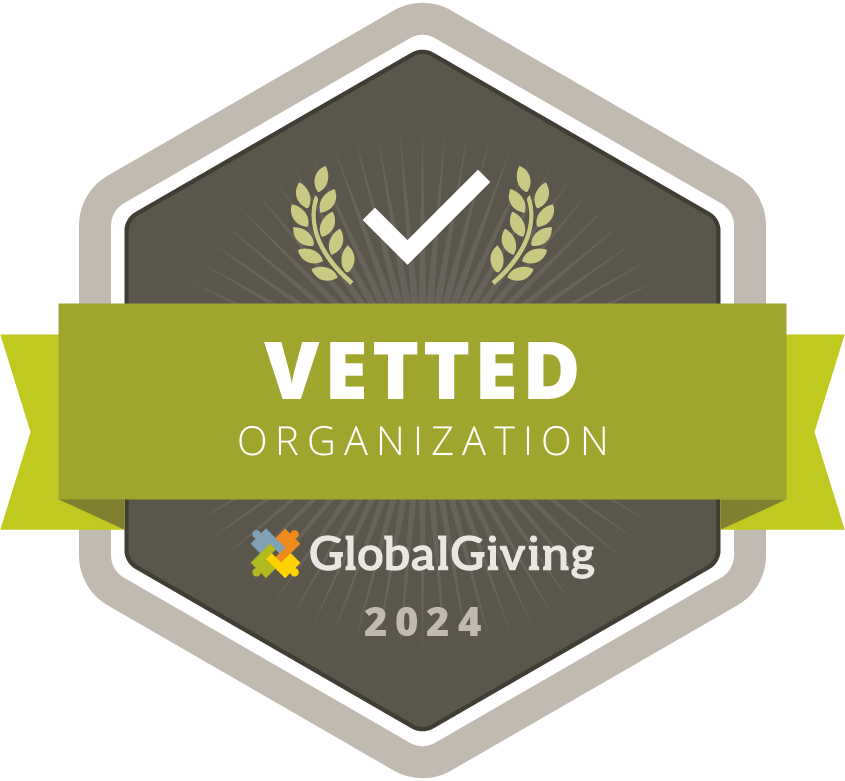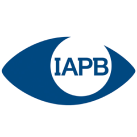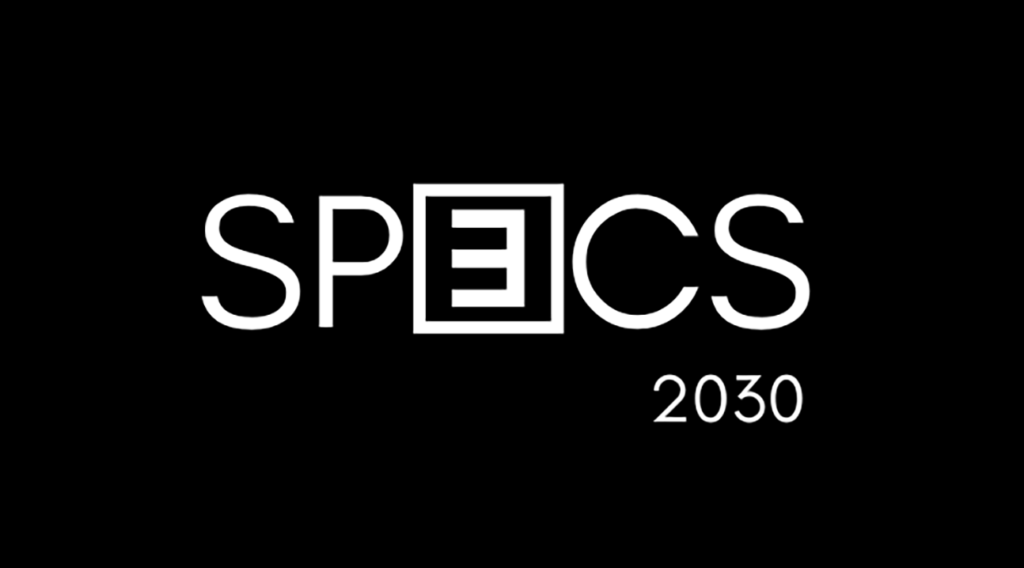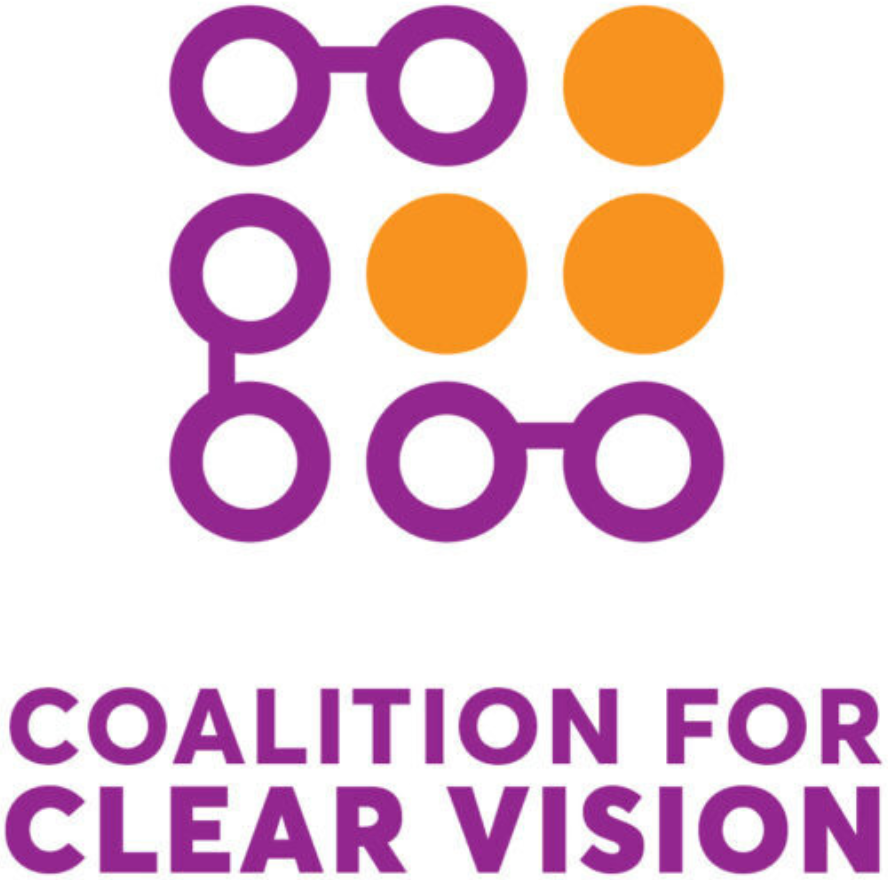RestoringVision was founded in 2003 by Mark Sachs, a veteran of marketing in the optical industry. On an optical mission trip, Mark observed that more than 50% of people who visited the optical clinic needed only a pair of reading glasses to correct their vision impairment.
Upon his return to the United States, Mark secured in-kind reading glasses donated from optical companies. He then offered these glasses to local nonprofit organizations as an addition to their scheduled mission trips. And RestoringVision was born.
What started out as a grassroots operation in Mark Sachs’ basement has grown into a global endeavor reaching 25 million people in 147 countries. Mark recently took the time to reflect on what RestoringVision’s 20th anniversary means to him as its Founder, Chief Emeritus, and Advisor.
Q: What inspired or motivated you to create RestoringVision?
Mark Sachs: On a mission trip to Mexico, I saw first-hand the impact reading glasses can have. People who had been unable to thread needles were able to do so again. People who had lost the ability to read could do so again. And people who worked with their hands could do close-up work again. It was almost a miracle to see the impact a simple, inexpensive pair of reading glasses could make!
As a non-eyecare professional on a vision mission, my lack of formal training was not an impediment to helping people restore their sight. (In fact, most people were able to find the correct reading glasses prescription themselves.) I concluded that it was therefore possible to create an organization to empower “sight ambassadors,” without formal training, to carry reading glasses all over the world.
Americans are generous people. Many travel to developing countries to build, teach, and work among those who need assistance. These caring groups formed the basis for the sight ambassadors who took reading glasses, 300 pairs at a time, as an easy add-on to their core mission.
But we learned that the need can seem unending even though this is a solvable problem. And, we have discovered, so are the ways to reach people. Many nonprofit organizations (NGOs) have permanent in-country programming networks in developing countries. They can, and do add vision to their programs, extending the reach of RestoringVision immensely.
Q: What sets RestoringVision apart?
Mark Sachs: RestoringVision’s “focus” on the mission to provide reading glasses worldwide to those who cannot obtain or afford them is clear, simple, and powerful. Reading glasses are an uncomplicated solution to a universal problem. Nearly everyone over 45 needs them. They can be provided by people with little training. They are inexpensive. They are a prescription that won’t expire. They are portable. They can significantly improve productivity.
Q: From your experience and point of view, why is it so important to get vision on the global agenda among institutions such as World Health Organization, United Nations, and the World Bank for example?
Mark Sachs: These institutions have done amazing work addressing and sometimes solving life-threatening diseases and inequities around the world. We know that correcting vision increases productivity by ~30%. If we could make 826 million people experiencing presbyopia worldwide 30% more productive by creating access to the reading glasses they need to see clearly, the economic impact would be dramatic. Suffering from lack of vision correction isn’t in any way equivalent to that of a person suffering from a disease. But correcting vision can and should be a factor in improving the quality of life around the world.
Q: What are your thoughts on vision health and its connection to achieving the United Nations Sustainable Development Goals?
Mark Sachs: Vision is not a stand-alone goal. But it is an integral part of achieving at least 8 of the 17 Sustainable Development Goals. It is an important component of Ending Poverty, Good Health and Well-Being, Quality Education, and Economic Growth, to name a few. All of these would be more achievable if participants could see clearly both at a distance and close-up.
Q: What excites you most about what RestoringVision is doing today?
Mark Sachs: RestoringVision is extending its reach into more countries worldwide. This is truly exciting. Developing programs and finding partners in Africa, Asia, and South America opens so many new opportunities to reach those in greatest need. And reaching indigenous people in the US is a big leap forward. I’m very pleased to see the work that RestoringVision has done over the past 20 years. The 25 million milestone is truly a tribute to the people within RestoringVision as well as our partners who have carried the glasses to all corners of the globe to help those in need.
Q: Why is focusing on uncorrected refractive error important?
Mark Sachs: While numbers vary, over 1 billion people worldwide have a vision impairment that could have been prevented or is yet to be addressed, with 90% living in impoverished communities and unable to access eyeglasses due to poverty or geography. Of these, 81% or 826 million people living in poverty worldwide only need reading glasses. Even so, there are many in need who cannot be helped with reading glasses, for example, people who are experiencing near-sightedness. Addressing refractive error (including minus powers and astigmatism) will be more expensive and requires a more technical approach than what we can do with reading glasses alone. But it is important to bring equity, increase productivity, and reduce poverty around the world.
Q: What personally motivates you?
Mark Sachs: While I am no longer involved with RestoringVision, I have found an outlet for my goal of making the world a better place through Rotary International. My local club is very active in both domestic and international projects. I have participated with them on these and find it very rewarding. Rotary’s motto is “service above self” and I find the club members have a passion to do good in the world. I’ve even helped them add reading glasses to some international missions.

